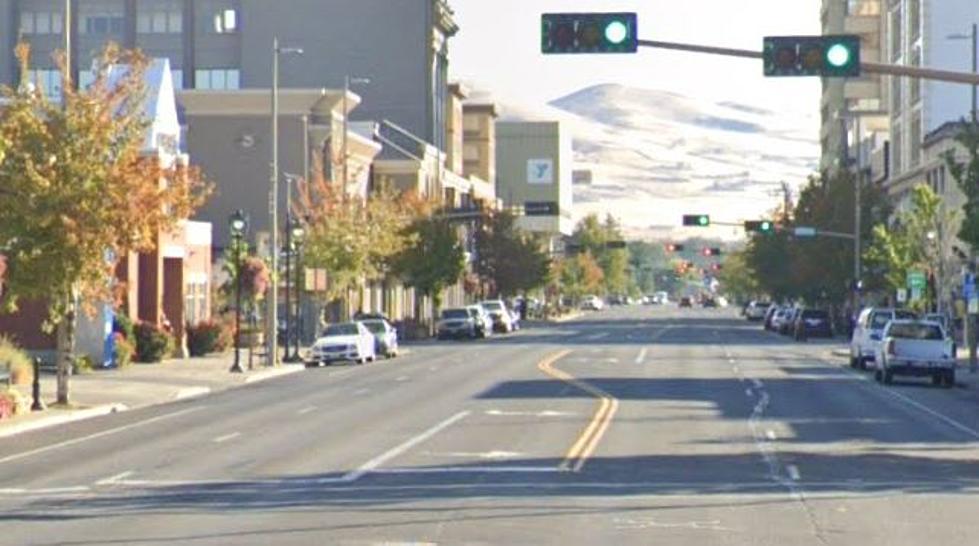![Courts OK Surveillance Cameras by Police on Private Property Without a Warrant [POLL]](http://townsquare.media/site/136/files/2012/11/surveillance-camera--300x200.jpg?w=980&q=75)
Courts OK Surveillance Cameras by Police on Private Property Without a Warrant [POLL]
In another example of how Internet technology is slowly creeping into the private lives of Americans, a U.S. District Court judge has set a new precedent.U.S. Magistrate Judge William Callahan ruled recently that the DEA could place secret surveillance cameras on private property without a warrant or other permission if they believe illegal activity is taking place.
Many have heard of the U.S. Supreme Court decision striking down the use of GPS and thermal imaging tracking without a warrant, but they have yet to issue any rulings on security cameras or cell phone tracking. Because of this ruling in a regional case, the court now has precedence for potentially approving surveillance cameras and cell phone tapping.
The case stemmed from two Green Bay, Wisconsin suspects who were arrested after DEA agents discovered over 1,000 marijuana plants on a heavily wooded 22-acre property owned by one of the defendants. They had argued their 4th Amendment rights were violated because of numerous "No Trespassing" signs posted and locked gates on the property. The DEA had placed a surveillance camera on-site to capture potential illegal activity, which led to the arrests. The government attorneys argued placing the camera did not violate the citizens rights and the judge agreed.
Do you believe authorities overstepped their bounds? Do you agree with this ruling? Take our poll.
More From 870 AM KFLD









